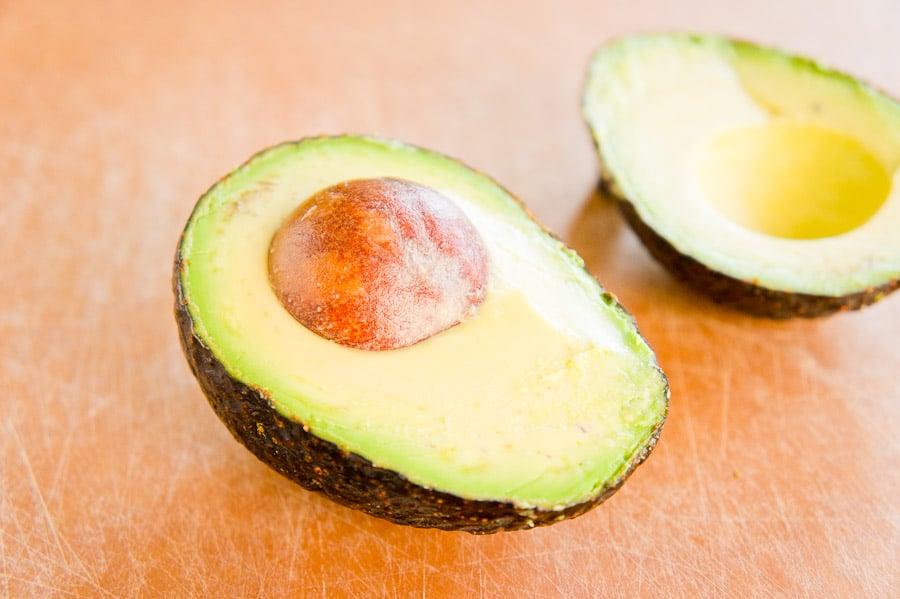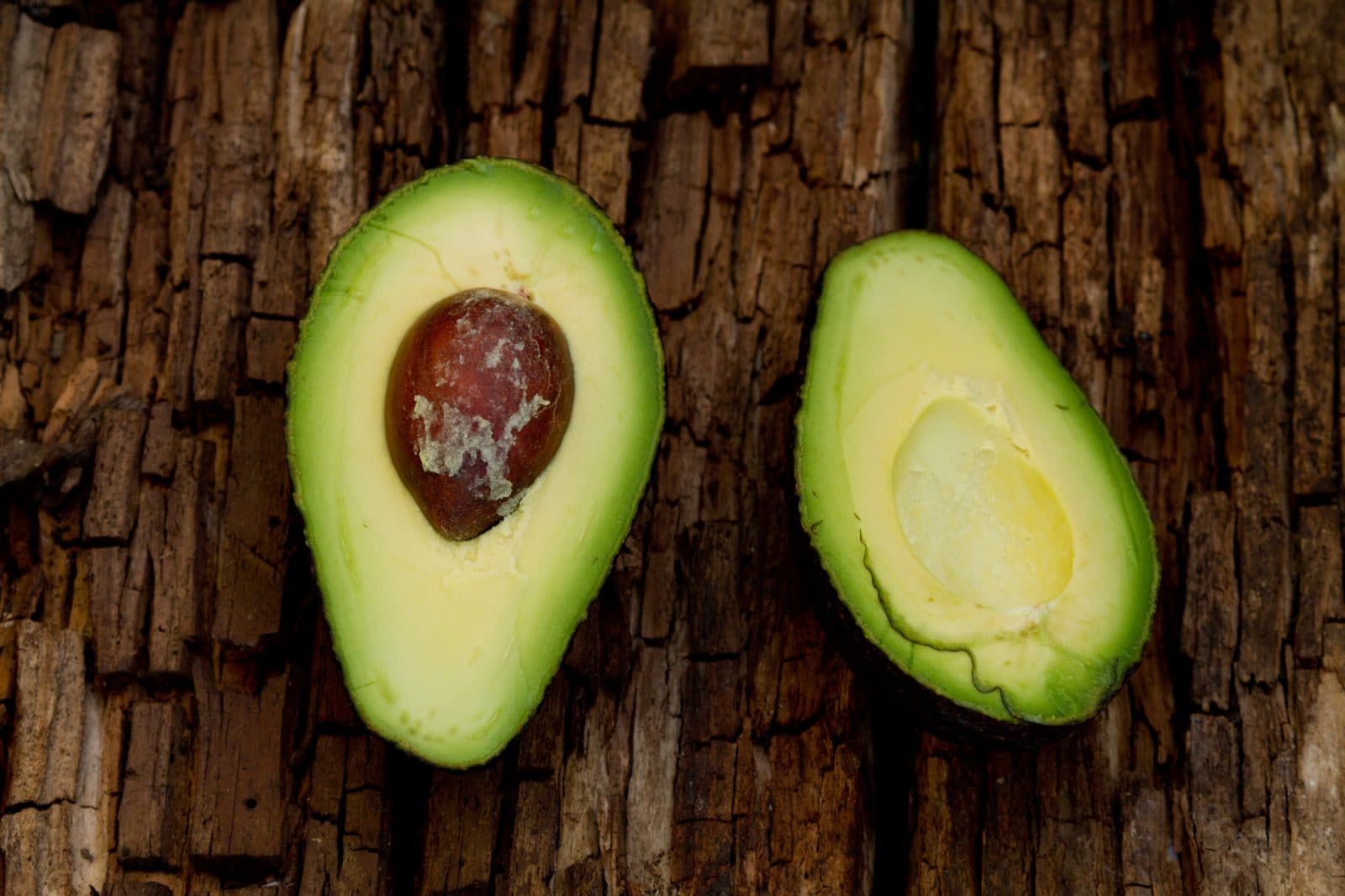Are Avocados Good For You If You Have High Cholesterol

Are Avocados Good For You If You Have High Cholesterol?
Avocados have been a dietary staple for centuries, yet many people are still unsure of the health benefits they provide. Avocados can be a great source of healthy fats, vitamins, and minerals, and studies have suggested they can even help lower cholesterol. But if you have high cholesterol, is it still safe to eat avocados? In this article, we'll take a look at the potential benefits and risks of avocados for people with high cholesterol.
What Is Cholesterol?
Cholesterol is a type of fat that is found in the blood. It is necessary for many body functions, including the production of hormones and the formation of cell membranes. However, too much cholesterol in the blood can increase the risk of heart disease, stroke, or other health problems. Cholesterol is classified as either “good” or “bad”. High-density lipoprotein (HDL) is considered “good” cholesterol, as it helps remove excess cholesterol from the body. Low-density lipoprotein (LDL) is considered “bad” cholesterol, as it can build up in the arteries and increase the risk of heart disease.
Can Avocados Help Lower Cholesterol?
Avocados are a great source of healthy fats and have been shown to have a positive effect on cholesterol levels. In one study, participants ate either one or two avocados per day for seven days. At the end of the study, the participants who ate two avocados had significantly lower levels of bad cholesterol and higher levels of good cholesterol. Another study found that consuming an avocado a day for five weeks resulted in a decrease in LDL cholesterol and an increase in HDL cholesterol.
Potential Risks of Avocados for People With High Cholesterol
Although avocados can be beneficial for people with high cholesterol, it’s important to remember that they are high in calories and fat. One avocado contains about 322 calories and 29 grams of fat. Eating too many avocados can lead to weight gain, which can in turn raise cholesterol levels. It’s also a good idea to avoid adding too much salt or unhealthy toppings to your avocado dishes, as this can negate the potential benefits.
Conclusion
Avocados can be a great source of healthy fats and vitamins for people with high cholesterol. Eating one or two avocados per day has been shown to help reduce bad cholesterol levels and increase good cholesterol levels. However, it’s important to remember that avocados are high in calories and fat, so it’s best to limit your intake and avoid adding unhealthy toppings. With a balanced diet and regular exercise, you can enjoy the health benefits of avocados while also keeping your cholesterol in check.
Are Avocados Good For You If You Have High Cholesterol - Cuisine Bank

Are Avocados Good For You If You Have High Cholesterol - Cuisine Bank

The health benefits of avocados - Easy Health Options®

WHAT HAPPENS TO YOUR BODY WHEN YOU EAT AVOCADO EVERY DAY | Avocado

6 benefits of eating avocados. Start integrating into your diet #

Pin by L Knuckles on Fruit | Avocado health benefits, Avocado benefits

Avocado | nutrition info | Pinterest
Pin on Health: Tips

Are Avocados Good for IBS?
/avocadosGettyImages-961101662-5b9eda1bc9e77c0050a7fafa.jpg)
Is eating avocado good for health – AFEEND
